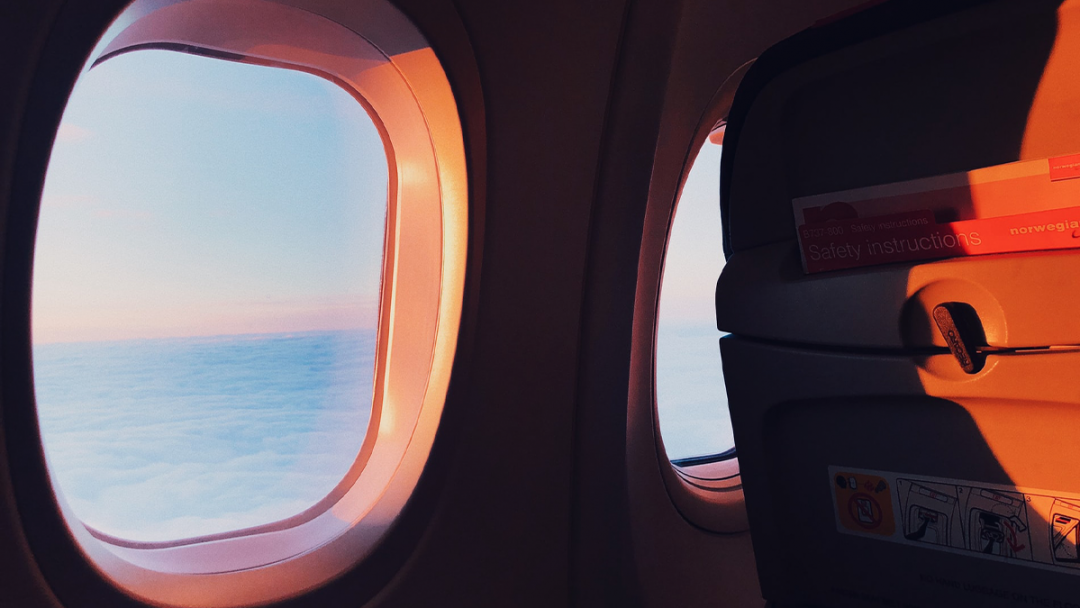As of now, the coronavirus pandemic has gravely affected the tourism industry. Even London’s tourism industry is set to plummet to a new low, warns Sadiq Khan. For those who routinely take trips as a part of their lifestyle or career, there is no doubt that their lives have been distressed.
However, with all of the time afforded by lockdown and temporary pauses, travel industry experts and businesses have hatched plans and initiatives to kickstart the tourism economy and once again, restore the age-long love of adventure.
A tinge of the past and a beam into the future
An April 2020 study conducted by the U.S Travel Association projected a 45% decline in travel industry revenues. Moreover, Visit Britain have forecasted a loss of 74% in visits (10.6 million) compared to the pre-COVID initial predicted number which is 42.1 million visits.
Travel agencies and committees are rethinking of a bounce-back from a depressive slump of numbers and visits. They took this as an opportunity to reconsider their system and allow more time to explore new options and avenues to gain better results. As the saying goes, every cloud has a silver lining. Greece has observed a boom in domestic tourism, thus local businesses were remaining a lot more positive about their future.
United Airlines CEO Scott Kirby shines a light on the situation that his company is more than ready to be the world’s leader in aviation when things are back to normal. Utilizing its unique strategy, Scott remarked that his company is in a great spot to “lead the industry when demand for air travel returns.”
The road to recovery
The moment when vaccines become widely available to citizens, travel bookings are bound to soar. After all, the inner desire for travel cannot be contained for too long. The Future Hospitality Summit, which takes place on the 26th October at Riyadh, Saudi Arabia is a worldwide convention, inviting as many as 100-plus speakers from over 150 nations to discuss and tackle hospitality challenges.
Their stated objective is to bring industries and their experts together to charter the way of the rebuilding of the travel and tourism sector. In some ways, the world is taking action to ensure that we smoothly slot back in the beautiful bubble of holidaying.
In the same vein, The World Travel & Tourism Council (WTTC) recently convened with tourism ministers hailing from the world’s foremost economies to plan how to recover the travel sector. They have ushered in strategies for the private and public sectors, such as organizing health regimens, testing, contact-tracing, air corridors etc. Experts remarked that the vital role of international tourism in the global economy will enable it to gain positive traction.
Keeping business travel afloat
The world of business travel, with its great perks such as airline membership schemes, has been bruised by the impact of the pandemic. Business travellers are pushed to having to re-manage their schedules and make amends. The majority are now working from home in order to abide by government regulations and reduce their risk of catching the virus. Some companies have taken the step further of making homeworking permanent.
Thus, business travel companies – including airline corporations – are finding new ways to balance work-travel demands and supporting the tourism industry. US airlines such as Alaska, American Airlines and Delta Airlines have already started cutting change fees for domestic flights. Travellers using private jets plan to continue their operations as they are ideal for swerving around busy crowds and traffic.
Hotels are taking strides to ease the difficulties of business travel too. For example, Hilton’s CEO Christopher Nassetta has revealed plans to convert unused rooms into offices for meetings. The company also announced a pilot program in the U.S. and the U.K. called Workspaces, which aims to provide office features at a day rate. Furthermore, luxury international hotel brand CitizenM launched a hotel subscription model for remote workers and digital nomads.
Making your travel green-er and sustaining your happiness
Due to the effects of COVID-19, attention to sustainability has become sharper than ever. Daily CO2 emissions reduced by 17% due to decreased road congestion. Meanwhile, the global sustainable travel market is expected to achieve key growth by 2026.
It would be fair to say that sustainable travel is on the rise. In this sense, a survey carried out by Original Travel reflected travellers’ attitudes towards a desire for sustainable travel methods, such as reducing airborne travelling, opting for economy class, hitch-hiking, and liaising with eco-friendly travel agencies. As remote workers seek out open spaces, wildlife, and fresh air, journeys are likely to become more environmentally-friendly in 2021. For example, Airbnb predicts a trend in regenerative travel because customers may prefer to travel closer to their communities at an affordable price which also redistributes the economy and use of energy.
Brett Tollmann, CEO of The Travel Corporation (TTC), asserted that sustainability is critical for the rejuvenation of travel business. He said: “Woven together through rich cultures, histories, wildlife and a natural beauty; our planet, our home, is something to embrace and discover.”
ROLZO’s cutting-edge approach
Here at ROLZO, the heart of our deep-seated philosophy is to strive for change and adaptation. We are dedicated to being a key player in the realm of luxury travel, thus we extend our concerns to how the industry has been negatively impacted by the pandemic.
We aim to support the industry in ways that secure its long-term growth. By placing our high-profile clients’ needs and concerns at the core of our business model, we are able to adapt in a chameleonic fashion to swift environmental changes. Our predictions for the post-COVID business travel economy remain positive as we discover new opportunities to elevate our clients’ journeys in cities around the world.



